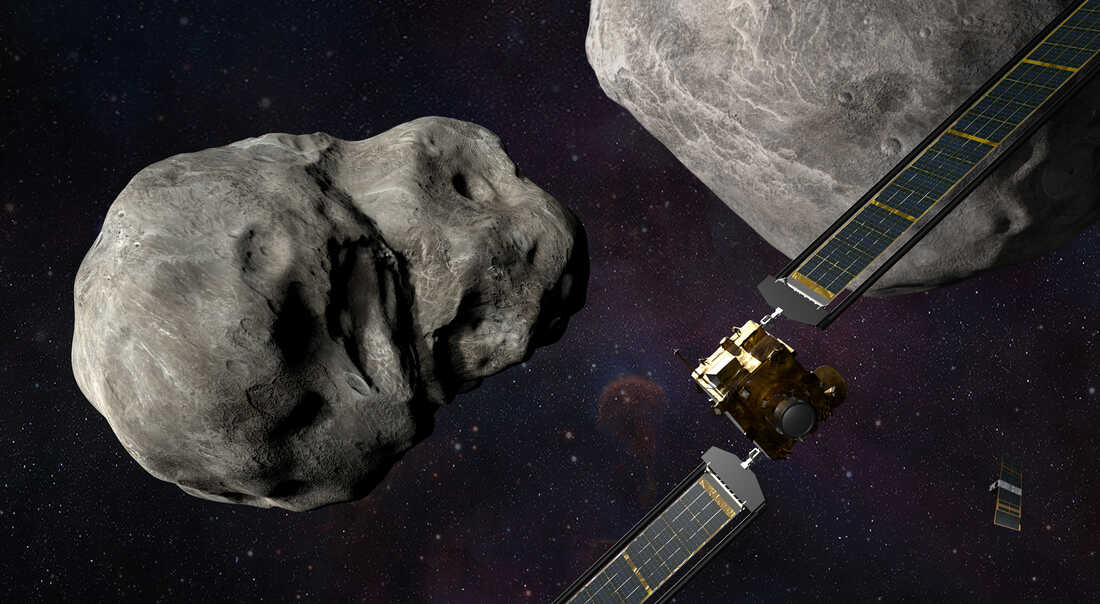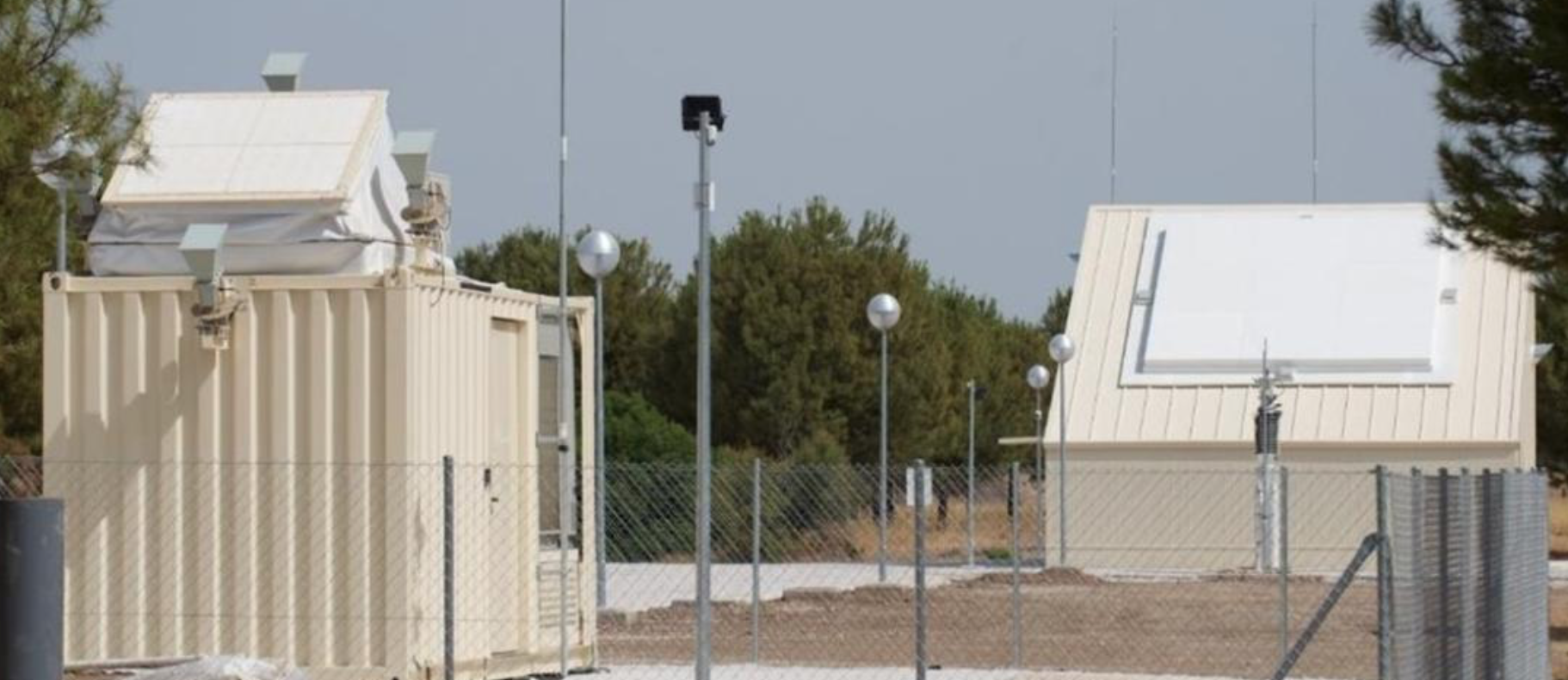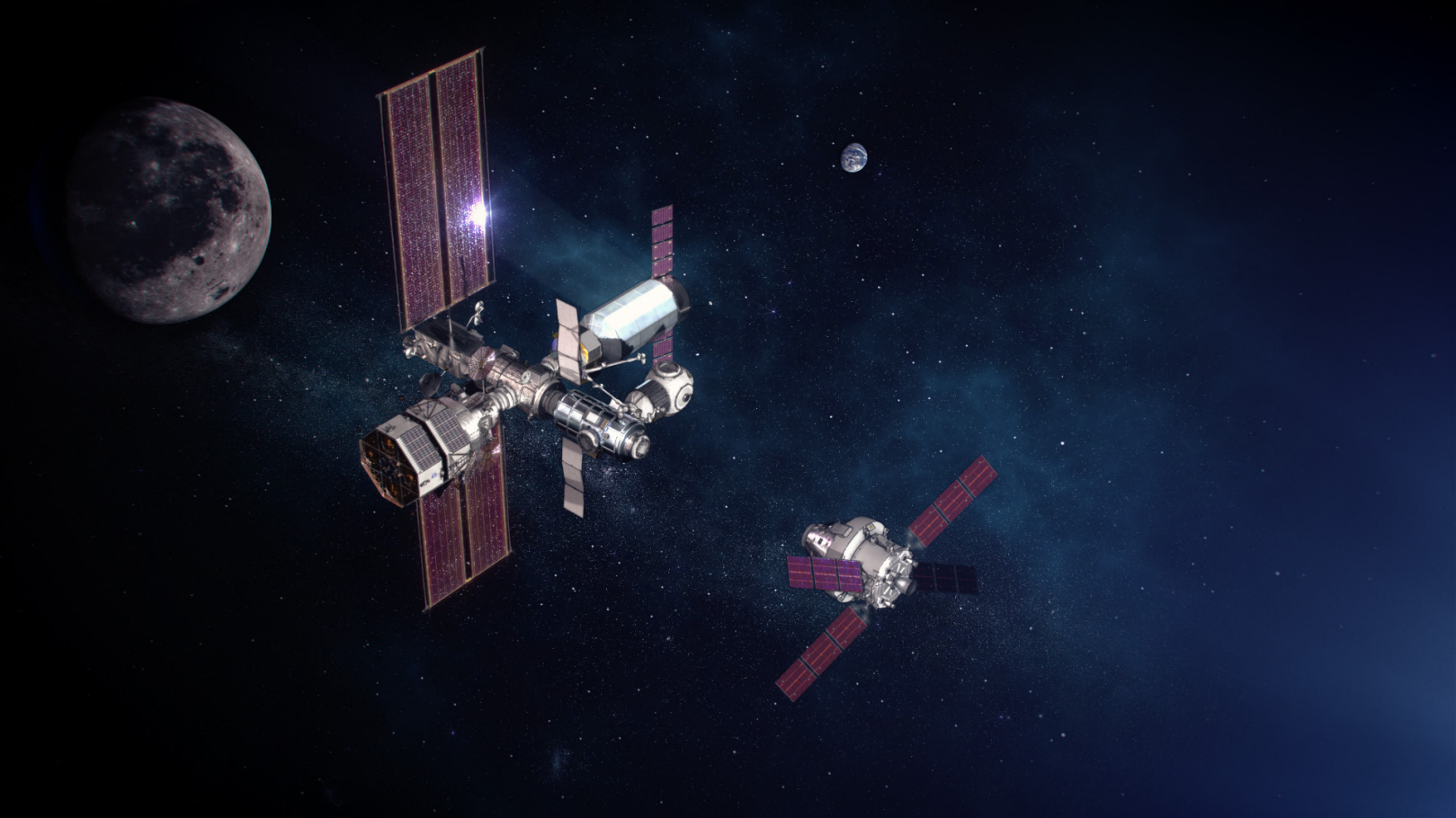THOR - Towards Higher Levels of Autonomy and Robustness
in Space Operations through Uncertainty Management and Quantification
 Spacecraft orbiting around small bodies are strongly perturbed by non-Keplerian effects. This may have an unstabilizing
effect that could lead initially safe orbits to escape or collision trajectories. One major disturbance is the small body
inhomogeneous gravity field. Because Earth-based sensors have limited resolution, the gravity has to be sensed while in
flight. Gravity determination is a key enabler for low altitude mission phases such as descent and landing. Funded by
Europe's H2020 program, THOR project aims to develop autonomous GNC capabilities that comprise the determination
of an accurate gravity field approximation and its use for robust flight operations around small bodies.
Spacecraft orbiting around small bodies are strongly perturbed by non-Keplerian effects. This may have an unstabilizing
effect that could lead initially safe orbits to escape or collision trajectories. One major disturbance is the small body
inhomogeneous gravity field. Because Earth-based sensors have limited resolution, the gravity has to be sensed while in
flight. Gravity determination is a key enabler for low altitude mission phases such as descent and landing. Funded by
Europe's H2020 program, THOR project aims to develop autonomous GNC capabilities that comprise the determination
of an accurate gravity field approximation and its use for robust flight operations around small bodies.
- J.C. Sanchez, and H. Schaub. "Simultaneous navigation and mascon gravity estimation around small bodies." Acta Astronautica, vol. 213, pp. 725-740, 2023. doi:10.1016/j.actaastro.2023.09.023
 Detecting whether geocentric satellites have maneuvered or not serves to update space awareness
catalogs. These databases are used to assess conjunctions with other space assets or debris, thus it is vital to keep
them up to date. We developed maneuver detection algorithms based on Kalman filtering and reachability analysis. These
are validated by using radar tracklets from the Spanish surveillance network and maneuver data of ESA satellites
(e.g. Sentinel). Radar-based systems offer the distinctive ability to track, without interruptions, all the objects
passing through its scanning area.
Detecting whether geocentric satellites have maneuvered or not serves to update space awareness
catalogs. These databases are used to assess conjunctions with other space assets or debris, thus it is vital to keep
them up to date. We developed maneuver detection algorithms based on Kalman filtering and reachability analysis. These
are validated by using radar tracklets from the Spanish surveillance network and maneuver data of ESA satellites
(e.g. Sentinel). Radar-based systems offer the distinctive ability to track, without interruptions, all the objects
passing through its scanning area.
 Model predictive control denotes an ample set of techniques that use optimization to
account for system dynamics and constraints. Still, actuator mishaps or poor model knowledge require
dedicated solutions. Robust or learning-based MPC forms can intelligently handle system uncertainty.
We used a chance-constrained approach to treat thrusters uncertainty in order to ensure safe rendezvous.
We also studied recursive learning of the gravity model for orbit station-keeping around an asteroid.
These works were core to my PhD dissertation.
Model predictive control denotes an ample set of techniques that use optimization to
account for system dynamics and constraints. Still, actuator mishaps or poor model knowledge require
dedicated solutions. Robust or learning-based MPC forms can intelligently handle system uncertainty.
We used a chance-constrained approach to treat thrusters uncertainty in order to ensure safe rendezvous.
We also studied recursive learning of the gravity model for orbit station-keeping around an asteroid.
These works were core to my PhD dissertation.